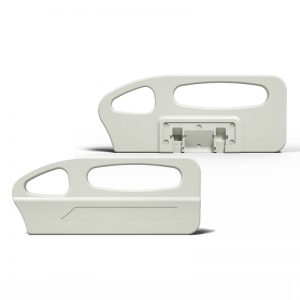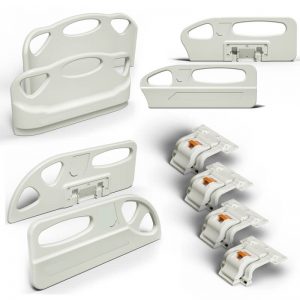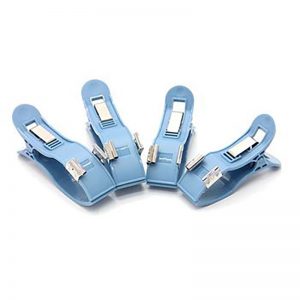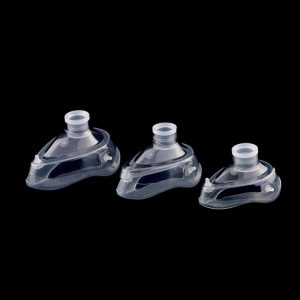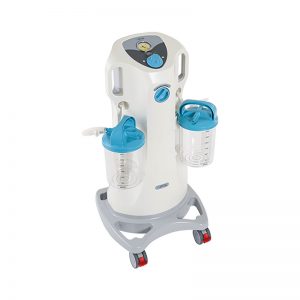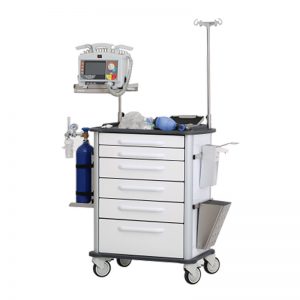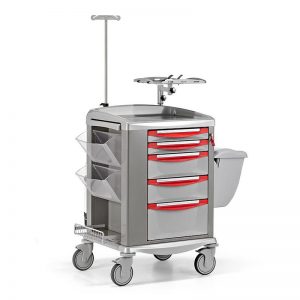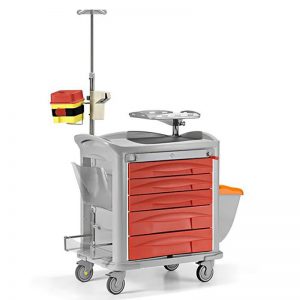Medical Injection Molding
Medical parts produced with medical injection molding are not just used in hospitals and practices but also in all kinds of places, from clinics and laboratories to research institutes and schools. Most of these pieces are manufactured from plastic because these plastic pieces are simply hygienic and disposable. As an example of these products, we can say laboratory supplies, syringes, surgical equipment, plastic implants, test tubes, and much more are included. All of these products are made with medical injection molding and can play a big role in saving people’s lives.
Injection Molding In The Field Of Medicine
Safety is the main requirement for injection molding of medical plastics. Since these substances will contact the human body and/or drugs, they are biosafety and chemical stability. It is absolutely essential that the materials do not harm the human body, and that they do not leave any toxic substances in the organs and tissues.
Medical injection molding is used for many medical products including these down below:
- Beakers, containers, and test tubes
- Drug delivery components and equipment
- Casing and enclosures for laboratory and medical equipment
- Implant components
- Orthopedy
- Surgical components and equipment
One of the reasons that injection molding is popular among medical devices is that it is less expensive compared to other manufacturing methods. This is especially valid where a large number of items have to be made. When bulk-producing components, parts, and devices, plastic injection molding is the best choice, considering the price per unit drops as production increases.
ISO 13485:2003 Standard
To ensure that there are no complications that lead to failure, medical injection molding requires a rigorous process and careful selection of materials
That’s why there are ISO regulations governing outputs and processes used in many industries, including the medical field. Any facility that produces medical components must meet ISO 13485:2003 regulations. Also, it will require Class I, II, or III compliance, depending on which items are produced. In some cases, such criteria as meeting ISO 10993 standards or bio-compliance are required. And beyond that, FDA regulations on sterilization and cleaning must be followed when producing medical components. This applies to both the products made and the environment where they were produced. The material must meet all required standards and must be able to pass regulatory requirements such as inspections for medical-grade approval by the company that produces it. We have been providing high-quality, high-precision medical molds to the customer since the day we were established, and we’re working on high-precision injection molding machines. Medical plastic syringe mold, blood PET tube mold, measuring cup mold, and “Forehead Thermometer Plastic Body Injection Mold”, which we frequently encounter with coronavirus, are some of our work in the medical field. We welcome your requests to develop long-term friendly cooperation with our quality molds and 100% satisfactory customer satisfaction goal.


